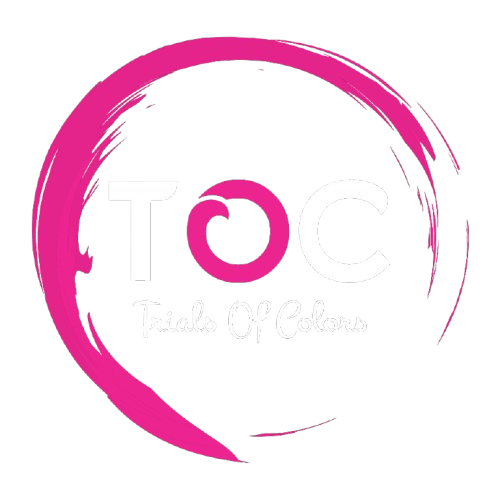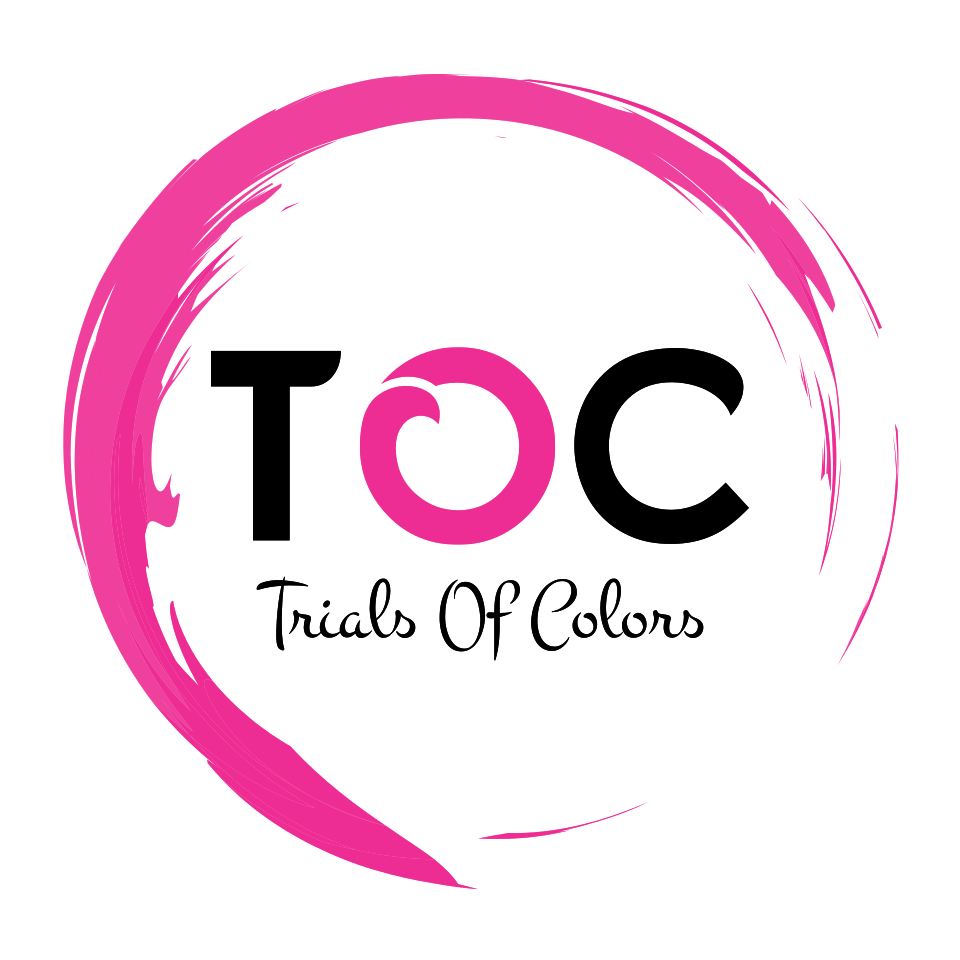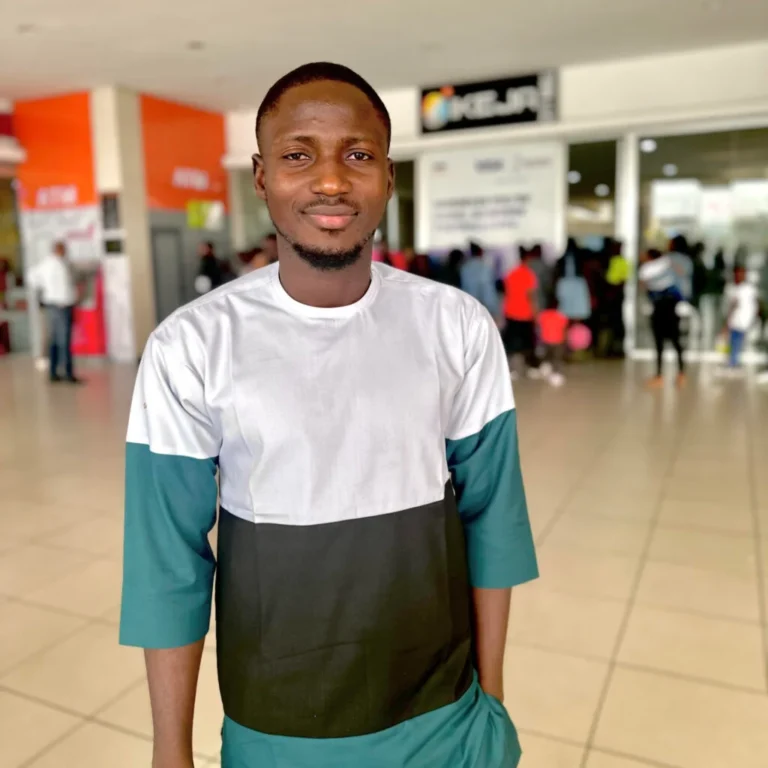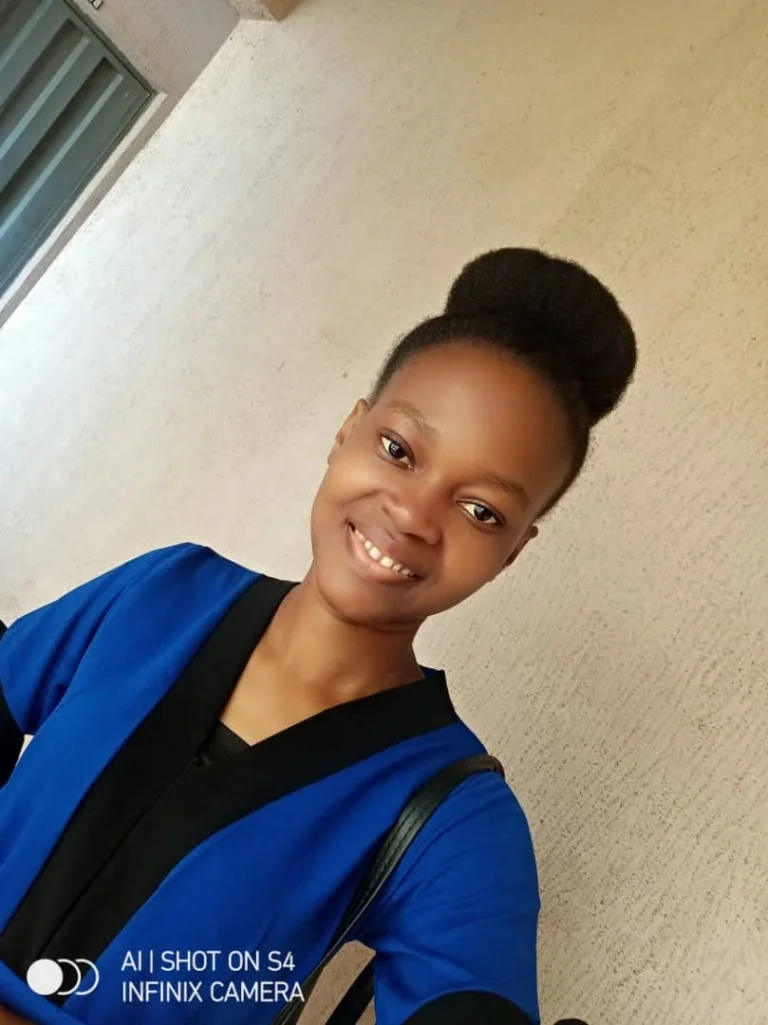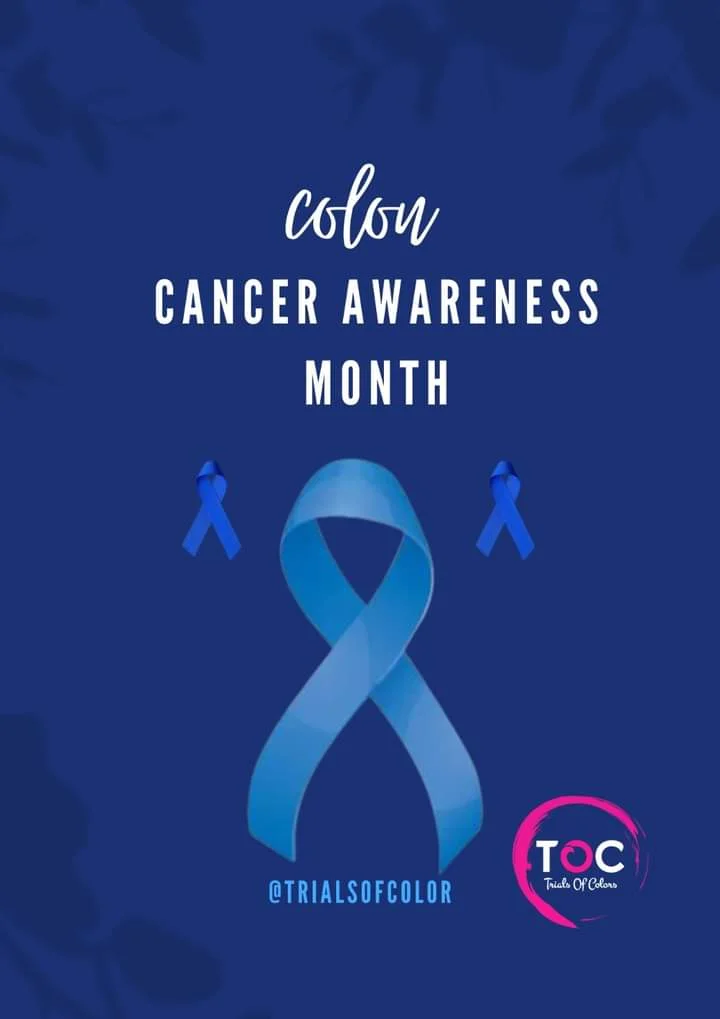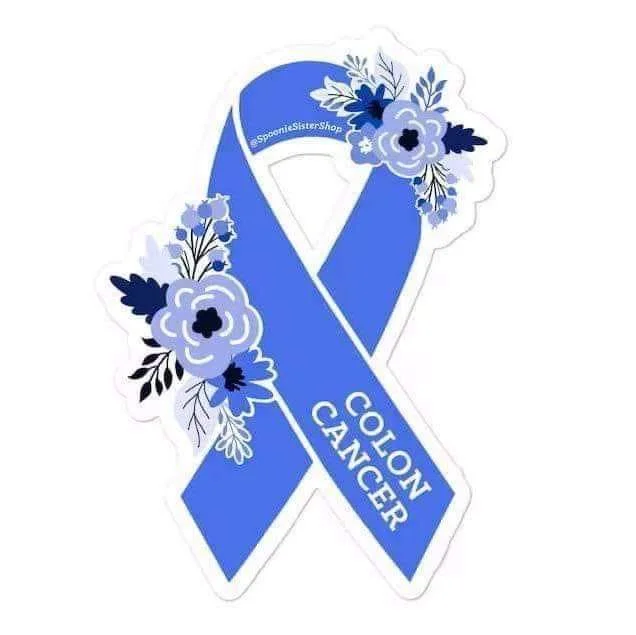Nigeria TOC
Colon Cancer Awareness in Nigeria (Go Blue)
The estimated incidence of colorectal cancer is rising among underserved population. Through our Go Blue campaign, we are thrilled to spread awareness among teenagers in Nigeria about this deadly disease.
Colorectal Cancer is the third most common cancer diagnosed in both men and women in the United States.
Colorectal Cancer: A Growing Crisis
The incidence of CRC is a major and growing global concern, no longer being confined to the elderly.
Alarming Global and Local Impact
Nigeria: CRC is the fourth most common cancer, with over half of patients dying within one year due to late diagnosis.
United States: CRC remains the third most common cancer for both men and women, with estimated new cases exceeding 150,000 in 2025.
The Youth Trend: Rates are rising alarmingly in adults under age 50. In the U.S., CRC is now the leading cause of cancer death for men under 50 and the second for women under 50.
The Mission: Go Blue for Early Action
The organization’s "Go Blue" campaign is focused on changing these statistics by targeting teenagers and young adults in Nigeria with vital awareness.
The campaign focuses on three life-saving areas:
Risk Factor Education: Teaching communities about lifestyle choices (diet, exercise) that reduce risk.
Symptom Recognition: Encouraging young people to recognize and report key symptoms, such as blood in stool or persistent changes in bowel habits, which are often overlooked in this age group.
Advocacy: Working to remove barriers to screening and early diagnosis, ensuring prompt, age-neutral care.
The Goal
The overarching goal is to transform the rising tide of CRC into a wave of early detection and survivorship.
Taking Care of Your Health Starts Here
Colon cancer is one of the most common cancers, but it is also one of the most preventable. Knowing the signs, getting regular screenings, and understanding risk factors can save lives. Early detection leads to better outcomes and stronger communities.
- Common Symptoms – Changes in bowel habits, blood in stool, abdominal pain, or unexplained weight loss.
- Regular screenings (like colonoscopies) can find precancerous polyps before they turn into cancer.
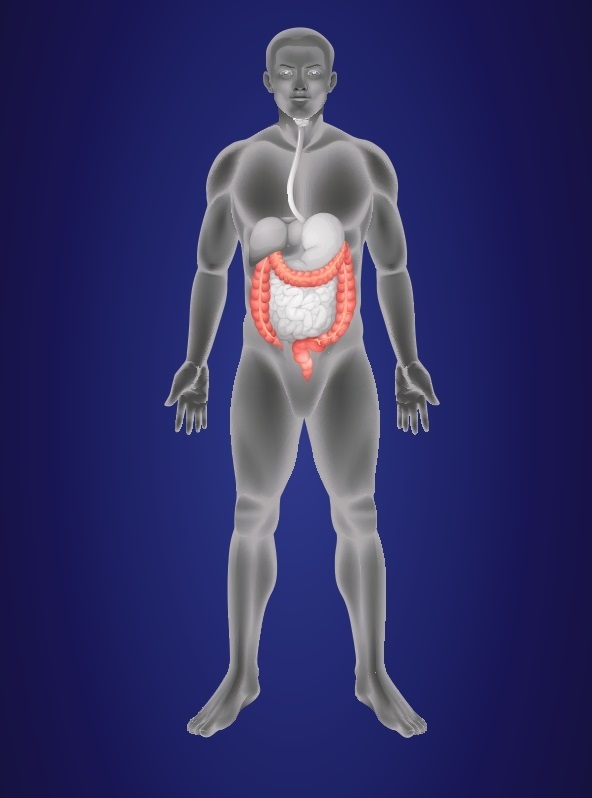
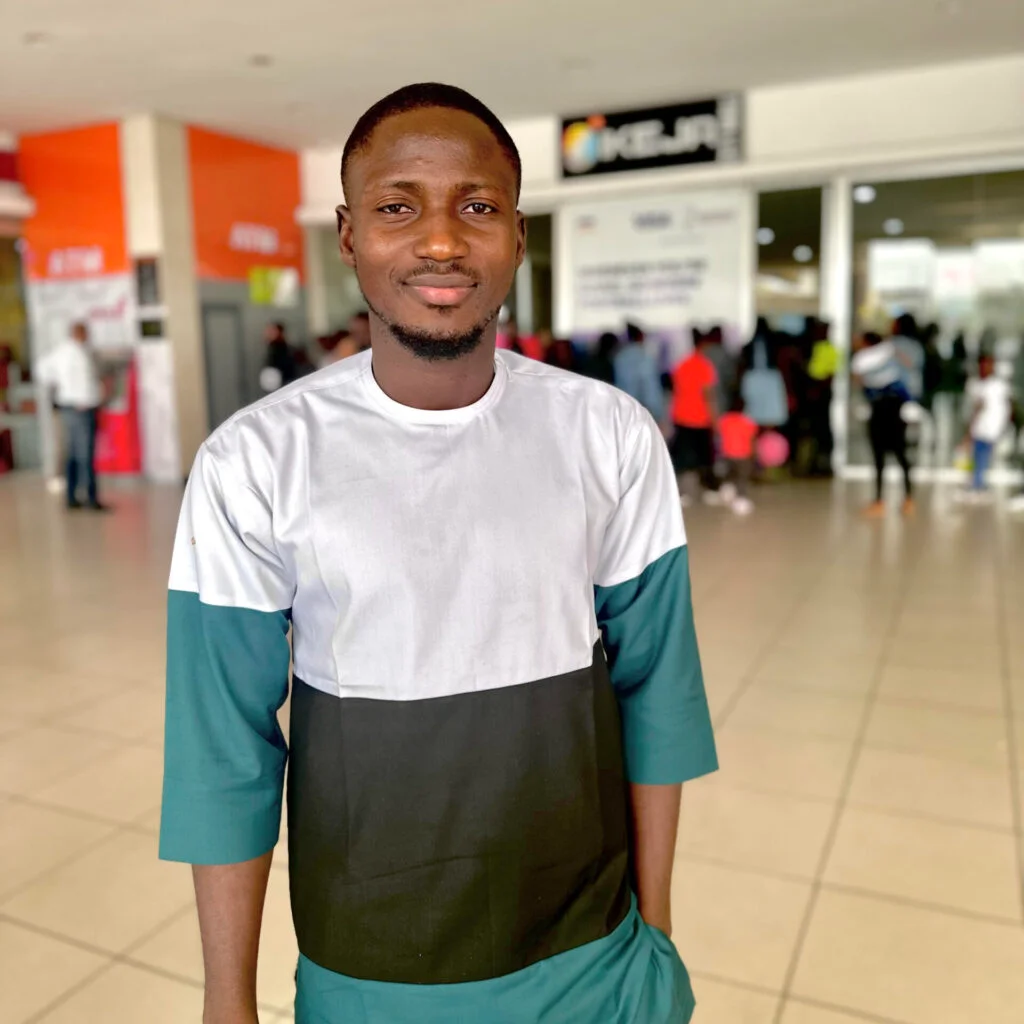
Jesutomi Linus Akomolafe
Team Lead, Nigeria (Trials of Color)
About Jesutomi
Journalist turned health advocate focused on closing the information gap around cancer prevention, policy, and equitable care in underserved communities.
My professional background began as a journalist 6 years ago with The Guardian Newspapers where I wrote and produced documentaries addressing misconceptions of cerebral palsy and advocating for the rights of underserved citizens in Nigeria. My interest to switch into Health space began in 2022 when I lost two of my friends to breast cancer. They died in their homes while the doctors were on strike in Nigeria. I began to learn about cancer, health policy and cancer prevention when I joined non-profit 501-C3, Trials of Color (TOC), in 2022 as a freelance Communication and Health Advocacy Manager to help solve the information gap when it comes to cancer. A lot of Nigerians living in rural communities still believe that cancer is a disease associated with rich people or a curse from the gods.
Trials of Color’s mission is dedicated to bridging the gap between disadvantaged cancer patients, underserved communities and their healthcare providers. It exposed me to ways of educating underserved communities on health literacy.
I joined Trials of Color from Nigeria, virtually, at a time when the founder, Sharon Rivera-Sanchez had just lost her brother to colon cancer 36 days after his diagnosis. He got screened late. It was also at the time when the World Health Organization revealed that Africa records around 1.1 million new cases of cancer, resulting in up to 700,000 deaths every year. I am a firm believer that a change mindset is all you need to change a narrative. And our zip code, race, religion or colour should not define how we are passive, treated and receive medical treatment.
Learn more about the Trials of Color events in Nigeria TOC, bringing people and the community together to support, raise awareness, and make an impact.
